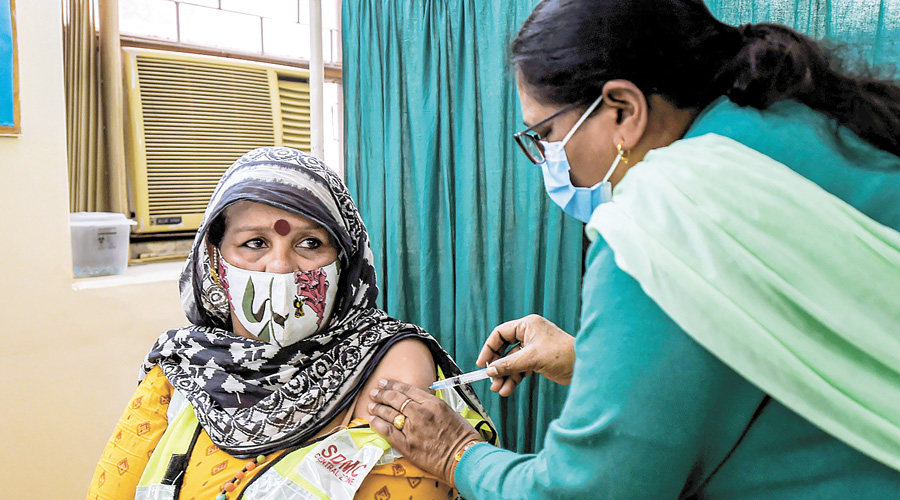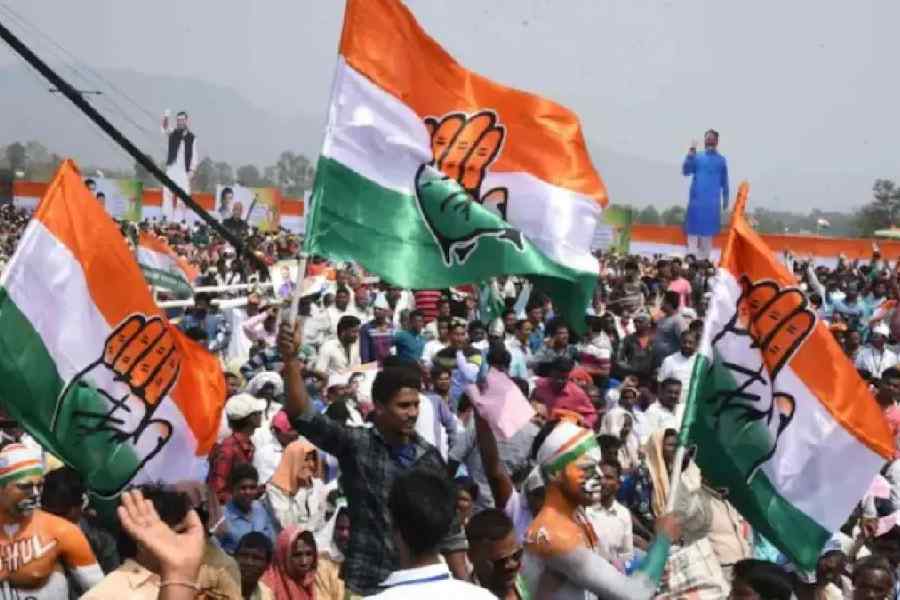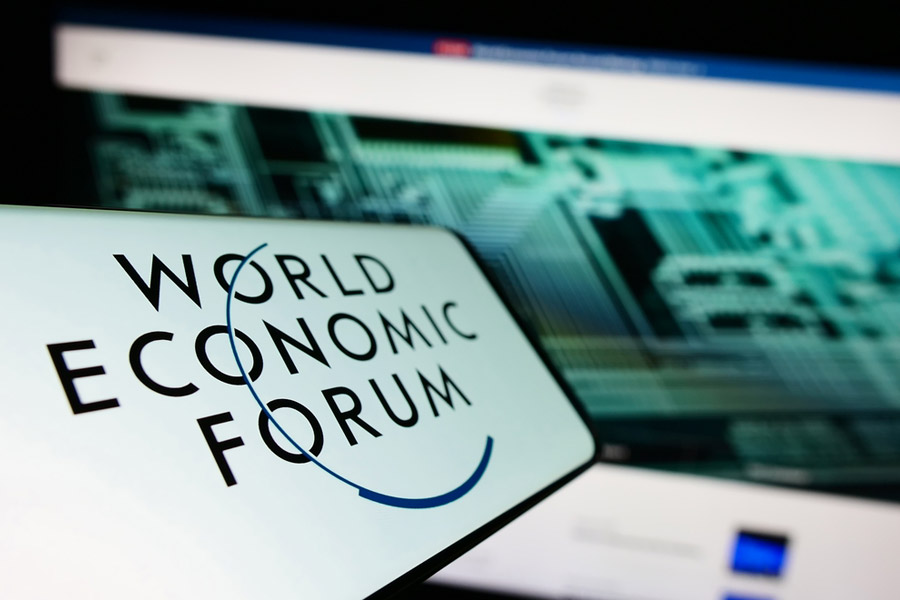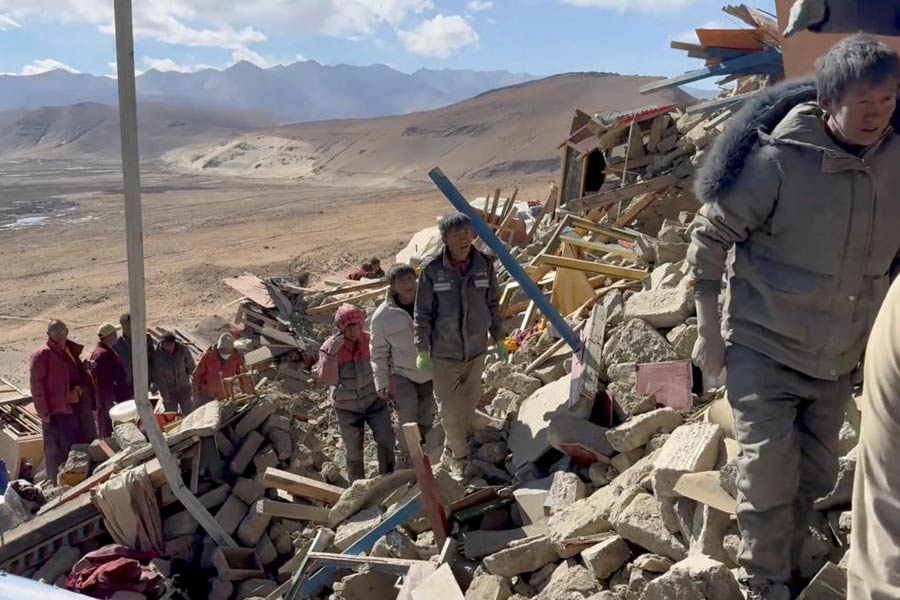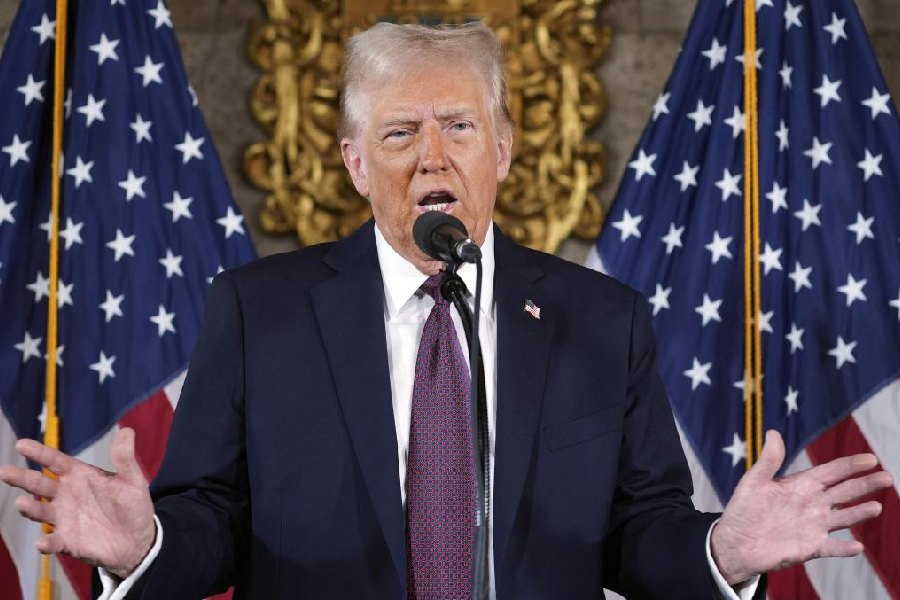A jumble of opaque decisions, misleading claims and implicit coercion by India’s health and regulatory authorities is likely to have amplified vaccine hesitancy among potential recipients and compounded the challenges before India’s Covid-19 vaccination campaign, multiple medical experts have said.
The experts say it is unclear whether those actions by officials largely during early January were unintentional blunders or planned moves in an unfamiliar pandemic landscape. But health ministry bulletins show that the vaccination drive has inoculated less than 50 per cent of the target — which is 100 vaccinations per session.
Over 10.83 million healthcare and frontline workers had received vaccinations up to Sunday February 20 which is about 47 per cent of the ideal target of 22.94 million recipients through the 229,462 sessions since the campaign's start on January 16.
Union health minister Harsh Vardhan had last month accused “vested political interests” of spreading rumours and “encouraging vaccine hesitancy”, and asserted that prominent doctors and many other healthcare workers have taken Covid-19 vaccines without any side-effects.
While releasing posters to address vaccine hesitancy, the minister had said it was a “paradox” that other countries had sought Covid-19 vaccines from India but “a section of our own is fomenting misinformation for narrow political ends”.
Many experts, however, believe that the officials driving the campaign too have fuelled vaccine anxiety.
“Their intentions may be good, but intentions must also be seen to be good — this is critical in public health,” said Thekekkara Jacob John, former head of clinical virology at the Christian Medical College, Vellore. “But we’re seeing a style of administration bound to vitiate even good intentions,” John told The Telegraph.
John and others say that patchy information and conflicting messages from health officials, coupled with their poor defence of the decisions taken, had mired the vaccine rollout in an avoidable muddle, causing many doctors to question elements of the campaign and decline the jabs.
The campaign had up to Monday February 22 inoculated about 6.4 million — or 67 per cent of 9.6 million healthcare workers due to receive their first doses by the second deadline of February 24. Only eight states have vaccinated more than 75 per cent of their healthcare workers.
The campaign is using two vaccines: Covishield, the AstraZeneca-Oxford product made by the Serum Institute of India, and Covaxin, the home-grown vaccine from Bharat Biotech. Both were granted accelerated approvals for restricted emergency use with limited data.
“Both approvals should have been explained through much stronger scientific defence of those decisions. There are public health reasons to justify the rollout of both vaccines,” said a medical expert who requested not to be named. “But our officials failed to communicate this clearly.”
Some researchers have questioned the approval granted to Covaxin on the basis of its safety and immune responses while its efficacy is still under evaluation. They have asked whether the approval was driven by a political desire to introduce an Indian vaccine alongside the UK product.
Senior health officials and members of the national Covid-19 task force have repeatedly asserted that Indian drug regulations allow accelerated approvals under extraordinary threats like the one posed by the pandemic.
“Approval to Covaxin deviated from standard practice, but no one is playing by the rules. All Covid-19 vaccines elsewhere too have received emergency authorisation,” said a member of the national task force. “There are strong arguments in favour of Covaxin, but no one articulated them the way they should have.”
Some scientists have underlined that Covaxin uses a vaccine platform familiar for decades — an inactivated (killed) virus — which makes it potentially safer than alternative platforms that involve live viruses or genetic material.
Covaxin, they have asserted, was administered to over 25,000 volunteers during studies on safety and immune responses while around 1,600 volunteers in India received Covishield.
Some believe the chest-thumping about Covaxin’s approval and the size of the vaccination campaign didn’t help.
John said: “Boastful messages about an Indian vaccine and the world’s largest campaign would likely make medical professionals wonder, ‘Does the vaccination have a public health or a political goal?’”
Opaque, misleading
The opacity and misleading signals, experts say, were evident on the day of the vaccine approvals.
While announcing the approvals on January 3, Venugopal Somani, the head of India’s drug regulatory authority, had outlined the safety, immunological and efficacy studies on Covishield and the safety and immunological studies on Covaxin that led to the accelerated approvals.
But, a senior clinical pharmacologist said, Somani’s “eight-minute monologue” provided “scanty” information that contrasted sharply with the volume of information provided by the regulatory authorities in the UK or the US when they released Covid-19 vaccines.
The UK’s regulatory authority released a 57-page document detailing its decision to approve the AstraZeneca-Oxford vaccine. Likewise, the US Food and Drug Administration released a 61-page memorandum on its decision on the Moderna vaccine and a 57-page memorandum on thePfizer-BioNTech vaccine.
Alongside the lack of regulatory transparency in India, some health officials pitched arguments that experts believe were intended to douse criticism of the accelerated approvals but were misleading.
Randeep Guleria, director of the All India Institute of Medical Sciences, New Delhi, and a senior physician guiding India’s Covid-19 response, had on January 3 said Covaxin would be a backup ifCovishield didn’t work against mutant variants of the coronavirus.
But health officials made it clear within days that Covaxin was not a backup. Guleria himself received Covaxin.
In a video released to the media by the Union health ministry, Guleria also claimed that the vaccines approved in India would have the same efficacy as those released in other countries.
“There’s never been a head-to-head comparison of efficacy across the vaccines – we don’t even know the final efficacy of the vaccines yet. A claim that all vaccines in India are equally effective won’t work, especially among doctors,” one expert said.
Neither Guleria nor the health ministry has responded to queries from this newspaper about these claims.
The campaign’s protocols too have evoked criticism, with some doctors and researchers highlighting what they believe are contradictions and elements of coercion. Senior health officials have asserted that the beneficiaries would not be able to choose between the two vaccines.
Also, the health ministry has remained silent about criteria adopted to determine how the two vaccines would be distributed across the states and within the states. Health secretary Rajesh Bhushan said the decision on distribution has been left to the states.
But health officials in two states have told this newspaper that the choice is not easy given the differences between the development status of the two vaccines and the knowledge among doctors that Covaxin has yet to prove its efficacy.
Groups of doctors in several states, including Bengal, Delhi and Tamil Nadu, have signalled their preference for Covishield.
“The government is pretending that there is only one vaccine, but there are two vaccines being treated differently,” said Satyajit Rath, a medical immunologist at the Indian Institute of Science Education and Research, Pune. “This pretence has probably added to vaccine anxiety and compounded the challenges.”
The drug controller-general of India has approved the use of Covaxin under a so-called clinical trial mode, which will require the recipients to sign an informed-consent form.
But, as Rath and others have underscored, the absence of choice between the two vaccines for the recipients and the informed-consent process represent both a contradiction and an implicit coercion.
“We’re told the vaccination campaign is voluntary, but we’re also told to take the vaccine offered to us as a duty,” said a senior medical professional in Bengal.
“What happens to those who exercise the right to refuse Covaxin as allowed under the informed-consent process? Would they get left out? Is that ethical?”
Rath says the confusion could have been avoided through an open call for a much larger Covaxin trial.
“They’ve pushed themselves into a mess,” Rath said. “Many doctors and healthcare workers, if offered adequate information about the safety and the promising immune responses of Covaxin, would have happily participated in such a trial.”

